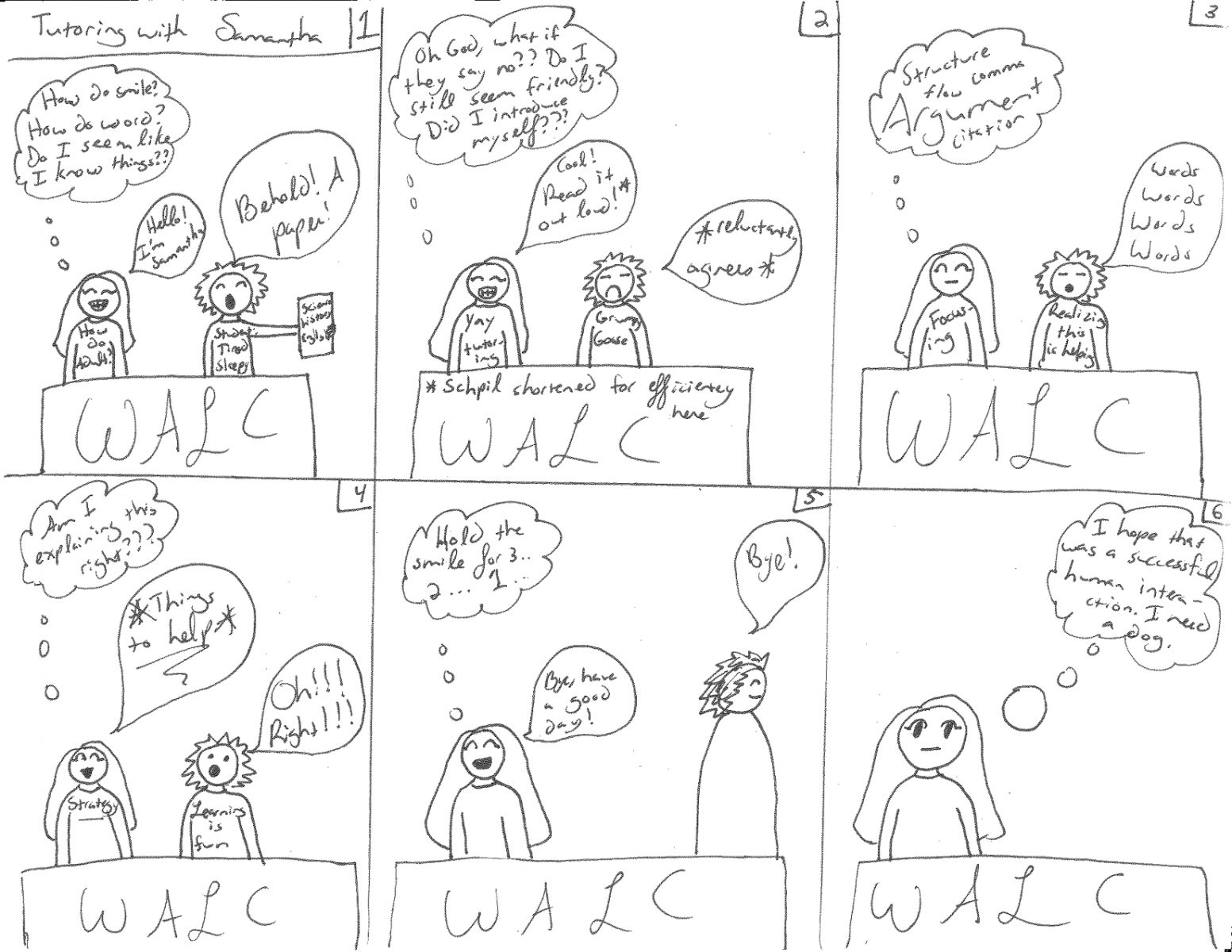Maci L.
I don’t remember the first time I felt inadequate. I can’t pinpoint the exact moment when I decided that I was somehow inferior to everyone around me. It has become a part of me, of my everyday thoughts. You know what I’m talking about – when you’re sitting in class, looking around at everyone and thinking, “They all know what they’re doing, and I don’t. Someone is going to figure me out!” Maybe it’s your first day on the job – or your 300th day. The feeling that you aren’t good enough – that you got where you are by sheer luck or mistake – is an all too common experience for some of us.
I felt it the first day I stepped into my high school classroom to teach. I was 22 years old, and fresh out of college. Those teenagers were going to see right through me! They would know that I had no idea what I was talking about, and that they were in the hands of a phony. At the end of every day, I took a deep sigh of relief that nobody had called me out on my façade.
In fact, I would say that this gut feeling of being a fraud is what landed me in graduate school. I didn’t feel like I actually knew anything, and that I wasn’t qualified to teach. I needed to know and understand more. One would assume that having two college degrees and a 4.0 GPA would inspire an air of confidence, but it doesn’t work that way.
They call it “Imposter Syndrome.” Pauline Clance and Suzanne Imes coined the name in 1978 (Weir, 2013). Apparently, it happens to high-achieving perfectionists. Lucky us, right?
We do it as writing tutors. We wonder if our tutees will ask us a question that we have no idea about, or we worry that we don’t have the capabilities to help them at all. We think they will somehow leave their appointment worse than they were when they came in.
Our tutees do it the moment they walk in. “I have terrible grammar” and “I probably didn’t even do it right” are statements we hear on a daily basis. Even though most of the students we see have an “A” average in college, they continually think they don’t know how to write or that they don’t know what they’re doing.
So, what can we do to help it?
The American Psychological Association (Weir, 2013) recommends some tips for keeping that imposter syndrome in check. Whenever you feel that you’re not good enough, or you see someone else feeling this way, offer these tips:
- Talk to your mentors or peers – these people have personal experience with you. They can be supportive, while also showing you how your fears are irrational. Trust them!
- Recognize how much you have accomplished. Think about where you are, and how hard you worked to get there. It wasn’t just luck.
- Remember what you do well. Write down the things you’re good at. Sure, you can’t be good at EVERYTHING, but you can be good at something. And you should acknowledge that.
- Accept imperfection. Sometimes, the end product just has to be “good enough.” Every now and then, taking a “B” is worth getting a full nights rest. It’s okay.
- Change your mindset. Easier said than done, right? Start this off slowly by giving yourself small opportunities for success. My biggest accomplishment this week was letting a friend read my rough draft of a paper instead of waiting until I felt it was completely “perfect.”
- Talk to people who can help! Sometimes, people around you might not understand what you’re going through. One of the best things about college is the free therapy! Use it!
In our high-stakes, high-pressure world, it can be easy to feel inadequate. But just because you think something, doesn’t make it true. Sometimes, our mind is our biggest obstacle – find a way to maneuver it.
Weir, K. (2013). “Feel like a fraud?” gradPSYCH,11(4). http://www.apa.org/gradpsych/2013/11/fraud.aspx

I can relate. Thanks, Maci, for sharing this.